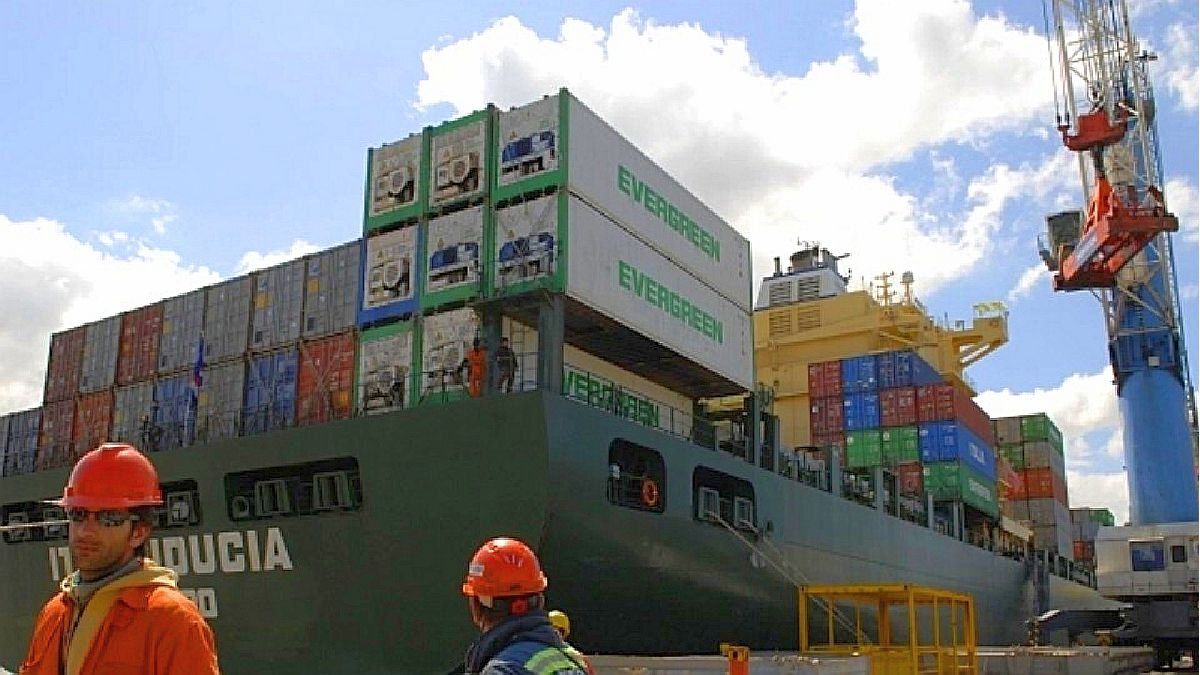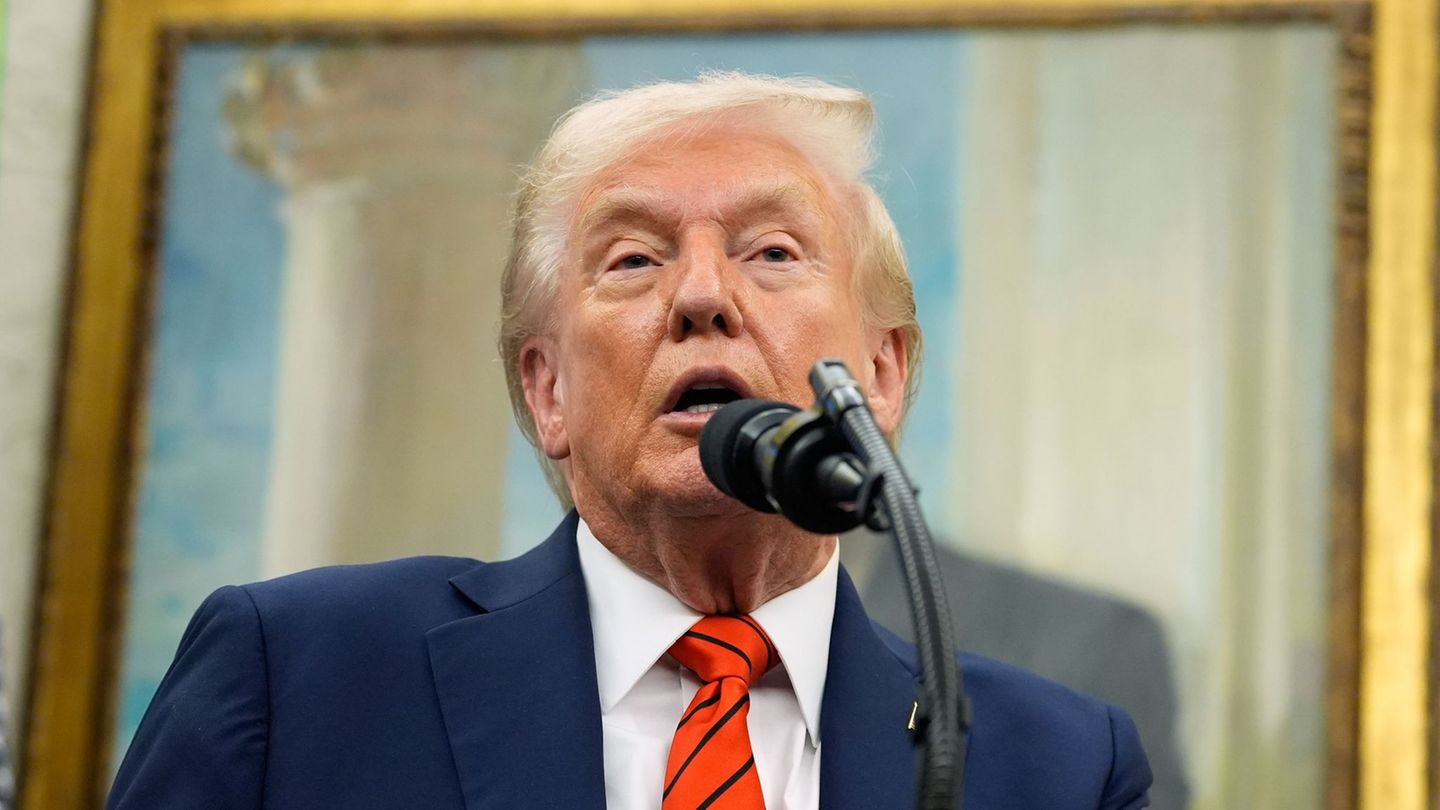The truth is that foreign trade statistics show that, in May, imports were $7.87 billion. This is the maximum monthly value observed in the series published by the Ministry of Economy that starts in 1992. Taking the same source, it can be seen that exports in May were US$8,226 million. This amount is barely 2% lower than the value of May 2013, which was the maximum in the series of the Ministry of Economy. In a nutshell, there is a certain effervescence in foreign trade linked to high international prices, more than to internal factors.
Likewise, if a more conducive evaluation is made, it is possible to observe the composition of imports, according to INDEC data. Taking this source, purchases abroad, in May 2022, were distributed in capital goods, intermediate goods and spare parts for capital goods (representing 67% of the total), fuels (another 20% of the total) and imports from consumer goods and carswhich were the remaining 13%.
In itself, almost 9 out of every 10 imported dollars are inputs from local production. This leads to discarding the idea that there is a massive influx of consumer goods that compete with national production. Indeed, and quite to the contrary, a large part of imports are essential to produce Argentine goods. The main consequence is that placing more restrictions reduces the possibilities of internal growth.
With more imports, growth can be accelerated because there is the possibility of having the best technologies available in the world and people have more well-being because they can access the best quality products. Imports in our country are very low (13% of GDP). And this is a much lower level than that of advanced countries, a factor that works against economic development.
The problem is not imports or the amount of them, but that there is a disorderly State. The permanent fiscal deficit forces to commit excesses of indebtedness and monetary emission. The excess of pesos and public debt is channeled towards the demand for dollars, generating exchange instability and loss of reserves in the BCRA.
The international context is very convulsed and the most dramatic situation is suffered by Ukraine. But the damage suffered by Russia, due to the sanctions, is also considerable. Europe’s energy crisis will have its most concrete manifestation in the winter with high energy costs. Asia and Africa suffer from rising food prices. Nevertheless, this international context is very favorable for our country that sells food and could sell energy. But it is the chronic fiscal deficits and errant public management that make us have a more complex present than the rest of the world suffers. The disorder of the State is of such magnitude that it even allows explaining the paradox of the Minister resigning with unprecedentedly favorable international prices.
Professor at the University of CEMA.
Source: Ambito




